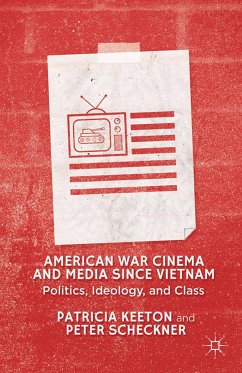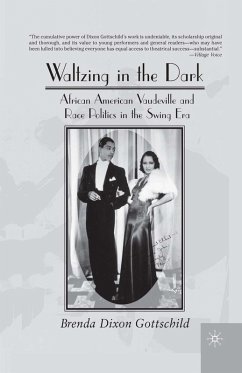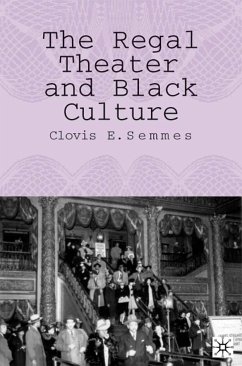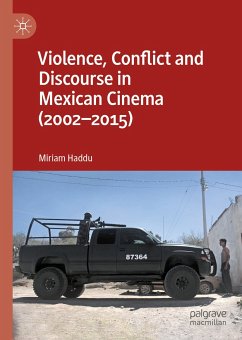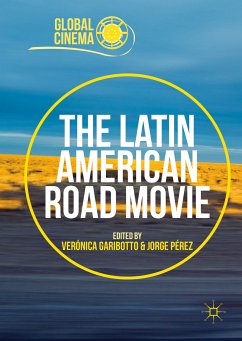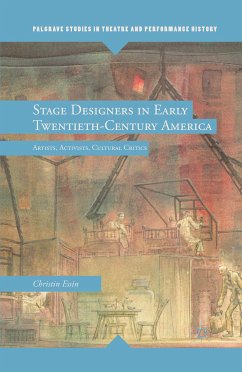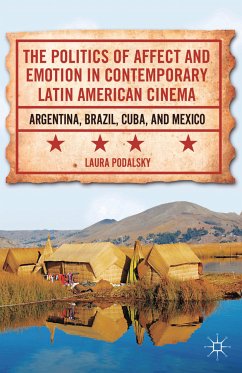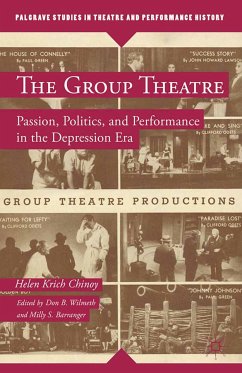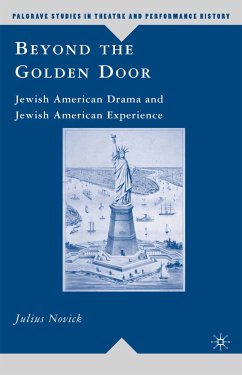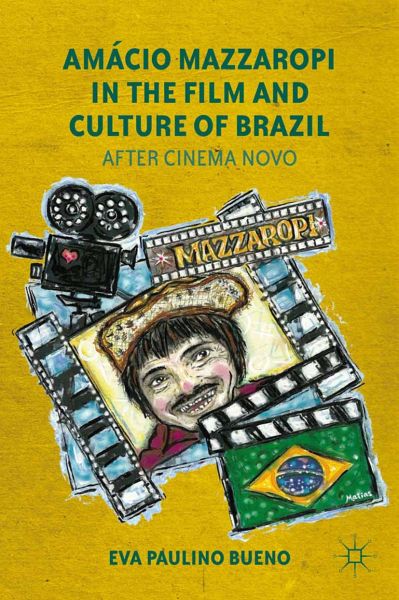
Amácio Mazzaropi in the Film and Culture of Brazil (eBook, PDF)
After Cinema Novo
Versandkostenfrei!
Sofort per Download lieferbar
40,95 €
inkl. MwSt.
Weitere Ausgaben:

PAYBACK Punkte
20 °P sammeln!
Amácio Mazzaropi's work is a unique instance in Brazilian culture - as an artist not connected with the subsidized film industry, he developed a singular voice and represents a segment of the population usually either ignored or viewed with contempt by the established, experimental filmmakers.
Dieser Download kann aus rechtlichen Gründen nur mit Rechnungsadresse in A, B, BG, CY, CZ, D, DK, EW, E, FIN, F, GR, HR, H, IRL, I, LT, L, LR, M, NL, PL, P, R, S, SLO, SK ausgeliefert werden.




